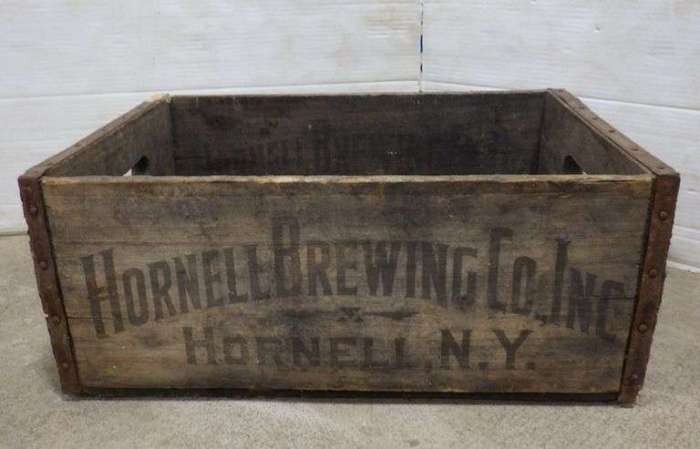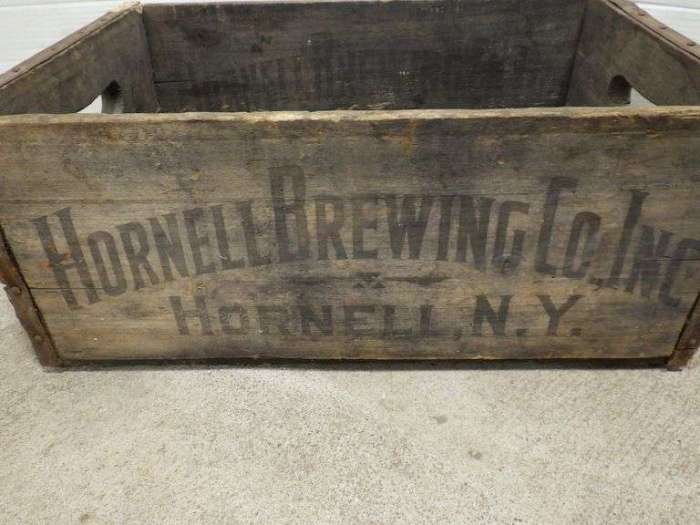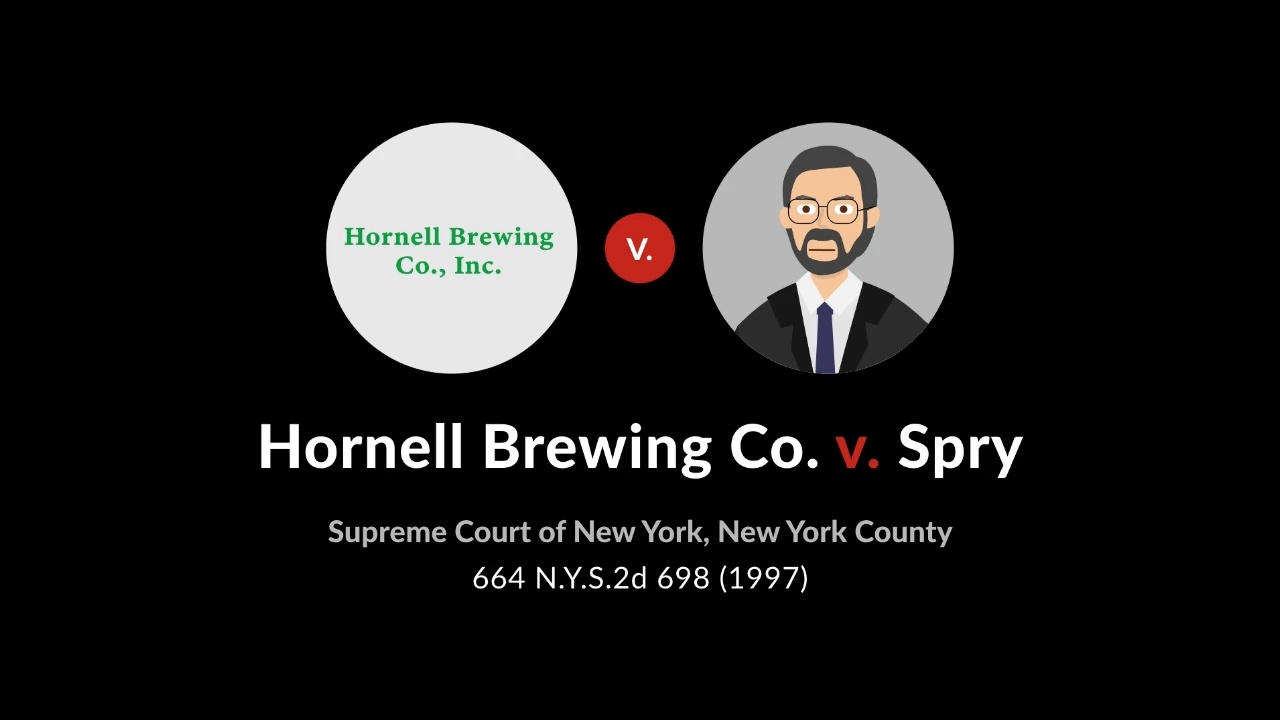In the annals of trademark law, Hornell Brewing Co. v. Spry stands as a pivotal case that shaped the understanding of trademark infringement. This dispute between two beverage companies brought to the fore the complexities of trademark protection and the importance of establishing clear legal boundaries.
At the heart of the case lay the allegation that Spry had infringed upon Hornell Brewing Co.’s trademark by using a similar logo and product name. As the legal battle unfolded, the courts delved into the intricate web of trademark law, weighing the evidence and arguments presented by both parties.
Case Overview

Hornell Brewing Co. v. Spry involved a legal dispute between Hornell Brewing Co. and Spry over the use of the term “spry” in connection with beer.
Hornell Brewing Co. alleged that Spry’s use of the term “spry” infringed on its trademark rights in the “Genesee Beer” brand, which had been using the term “spry” in its advertising since the 1930s.
Key Legal Issues
The key legal issues involved in the case included:
- Whether Spry’s use of the term “spry” was likely to cause confusion among consumers as to the source of its beer.
- Whether Hornell Brewing Co. had a valid trademark in the term “spry” in connection with beer.
- Whether Spry’s use of the term “spry” was a fair use of a descriptive term.
Trademark Law

In the realm of business and intellectual property, the concept of trademark infringement takes center stage when a party’s trademark rights are allegedly violated. Trademark law exists to protect the distinctive marks that identify and distinguish goods or services in the marketplace.
Establishing trademark infringement hinges on proving several key elements:
Elements of Trademark Infringement
- Valid Trademark:The plaintiff must possess a valid and registered trademark.
- Likelihood of Confusion:The defendant’s use of a similar mark must create a reasonable likelihood that consumers will be confused about the source of the goods or services.
- Use in Commerce:The defendant must have used the infringing mark in connection with the sale or advertising of goods or services.
- Damage or Potential Damage:The plaintiff must demonstrate that the infringement has caused or is likely to cause damage to their business.
Evidence and Arguments

In Hornell Brewing Co. v. Spry, both parties presented evidence and made legal arguments to support their claims. The evidence included:
- Testimony from witnesses, including experts in trademark law and marketing
- Documents, such as marketing materials and sales records
- Physical evidence, such as the beer labels in question
Hornell Brewing Co. argued that Spry’s use of the “Hornell Brewing Company” mark was likely to cause confusion among consumers. They presented evidence of actual confusion, such as customers who had purchased Spry’s beer thinking it was made by Hornell Brewing Co.
Hornell Brewing Co. v. Spry, a case involving trademark infringement, holds lessons in brand protection. To understand the complexities of legal battles, one can turn to “Celia, a Slave” ( celia a slave book summary ) for insights into the struggles for justice.
Returning to Hornell Brewing Co. v. Spry, the case serves as a reminder of the importance of safeguarding intellectual property in a competitive marketplace.
They also argued that Spry’s mark was similar to their own mark in terms of appearance, sound, and meaning.
Spry, on the other hand, argued that there was no likelihood of confusion because their mark was used on a different type of beer than Hornell Brewing Co.’s mark. They also argued that their mark was not similar to Hornell Brewing Co.’s
mark in terms of appearance, sound, or meaning.
The Court’s Decision
The court ultimately agreed with Hornell Brewing Co. and found that Spry’s use of the “Hornell Brewing Company” mark was likely to cause confusion among consumers. The court considered the evidence presented by both parties, including the testimony of experts, the documents, and the physical evidence.
The court also considered the legal arguments made by both parties. The court found that Hornell Brewing Co. had established a likelihood of confusion and granted an injunction prohibiting Spry from using the “Hornell Brewing Company” mark.
Court’s Decision: Hornell Brewing Co. V. Spry

The court ruled in favor of Hornell Brewing Co., finding that Spry had infringed upon their trademark. The court’s reasoning was based on the following:
Firstly, the court found that Hornell Brewing Co. had established a valid trademark in the name “Hornell Brewing Company” and the associated logo. The company had been using the trademark since 1993 and had built up a significant amount of goodwill associated with the mark.
Secondly, the court found that Spry’s use of the name “Hornell Brewing Company” and a similar logo was likely to cause confusion among consumers. The court noted that the two companies’ products were sold in the same market and that consumers were likely to be confused about the source of the products.
Finally, the court found that Spry had not established any valid defenses to the trademark infringement claim. Spry had argued that its use of the name “Hornell Brewing Company” was a fair use of a generic term, but the court rejected this argument.
The court also found that Spry had not established any laches or estoppel defenses.
Legal Precedents and Principles, Hornell brewing co. v. spry
The court’s ruling was based on well-established legal precedents and principles of trademark law. These include:
- The Lanham Act, which provides federal protection for trademarks.
- The doctrine of likelihood of confusion, which prohibits the use of trademarks that are likely to cause confusion among consumers.
- The principle of fair use, which allows for the use of trademarks in certain limited circumstances, such as when the use is descriptive or non-commercial.
The court’s decision in this case is a reminder of the importance of protecting trademarks. Trademarks are valuable assets that can help businesses build goodwill and distinguish their products from those of their competitors.
Implications of the Decision

The court’s decision in Hornell Brewing Co. v. Spry has significant implications for trademark law and future cases involving trademark infringement.
Firstly, the decision clarifies the scope of trademark protection and the extent to which a trademark can be diluted. The court’s holding that the use of a similar mark in a different market can still constitute dilution expands the protection afforded to trademark owners.
Impact on Future Cases
This broader interpretation of trademark dilution may make it easier for trademark owners to prevent others from using similar marks, even if those marks are used in different geographic markets or for different goods or services.
Secondly, the decision emphasizes the importance of evidence in trademark infringement cases. The court’s reliance on consumer surveys and other evidence to support its finding of dilution demonstrates the need for trademark owners to gather strong evidence to support their claims.
Finally, the decision provides guidance on the factors that courts will consider when evaluating claims of trademark dilution. The court’s discussion of the relevant factors, such as the similarity of the marks, the extent of the dilution, and the likelihood of confusion, provides a roadmap for trademark owners and their attorneys in future cases.
FAQ Guide
What is the significance of Hornell Brewing Co. v. Spry?
Hornell Brewing Co. v. Spry is a landmark case that established important principles regarding trademark infringement and the elements that need to be proven to establish such infringement.
What were the key legal issues involved in the case?
The key legal issues involved in the case centered around the concept of trademark infringement, including the elements of trademark infringement and the defenses that can be asserted against such claims.
How did the court’s decision impact trademark law?
The court’s decision in Hornell Brewing Co. v. Spry clarified the legal standards for trademark infringement and provided guidance for future cases involving similar disputes.